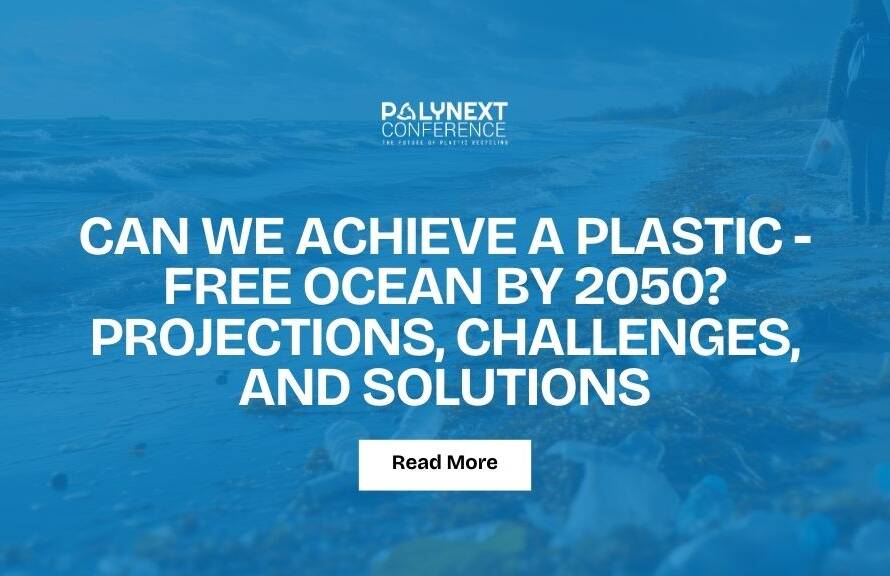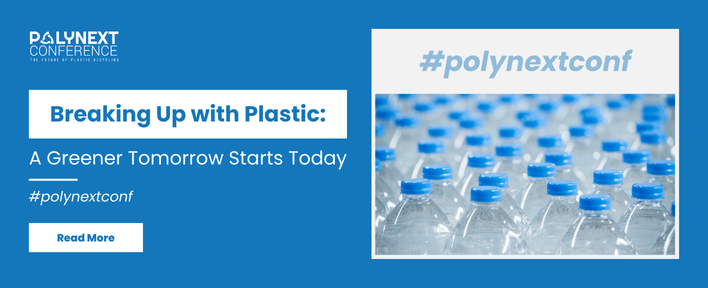As India strides toward the dream of Viksit Bharat, two silent crises threaten to derail the vision — plastic pollution and electronic waste (e-waste). Both are by-products of modern lifestyles, mass production, and rising consumerism. Both are persistent. And both demand urgent, united action.
The Plastic Problem
India generates over 3.5 million tonnes of plastic waste each year, much of it single-use. Plastics clog drains, choke marine life, and leach harmful chemicals into soil and water. Despite bans on select single-use items, enforcement remains a challenge, and recycling infrastructure is patchy.
Solutions include stricter enforcement, promoting biodegradable alternatives, and strengthening segregation and recycling systems.
One of the key strategies to combat plastic pollution is recycling. By properly recycling plastic waste, we can significantly reduce its harmful footprint. Promoting such practices across India is crucial for sustainable waste management.
The Rise of E-Waste
Alongside plastic, another crisis looms: electronic waste. With smartphones, laptops, and gadgets becoming essential to modern life, India’s e-waste generation surged by over 151% in six years — from 708,445 metric tonnes in 2017-18 to 1,778,400 metric tonnes in 2023-24. Much of this ends up in informal recycling units, posing severe health and environmental risks.
Addressing e-waste requires formalized collection systems, better public awareness, and incentives for designing recyclable electronics.
What Connects the Two?
Non-biodegradability: Both plastic and e-waste persist for hundreds of years.
Toxicity: Improper disposal releases harmful substances.
Consumer culture: Overuse and rapid disposal patterns fuel both crises.
Weak segregation: Both types of waste often end up mixed in landfills or burnt, worsening pollution.
India’s Response
Extended Producer Responsibility (EPR) mandates producers to manage the life cycle of both plastic and electronics.
Ban on single-use plastics and awareness campaigns are slowly shifting habits.
Startup innovation: AI-based segregation tools, e-waste collection apps, and sustainable packaging are gaining ground.
Community-Led Plastic Waste Management Initiatives
1. Community-Based Waste Segregation and Collection
Project Aviral in Haridwar boosted segregation from under 1% to 85% using awareness campaigns and color-coded bins.
2. Plastic-Free Campaigns and Drives
Earth5R initiatives in Mumbai and Kolkata raised awareness and improved waste handling.
3. Market and Vendor Engagement
Trichy’s “Thunippai Thiruvizhai,” campaign reduced plastic usage by educating vendors and shoppers.
4. Community-Driven Recycling Programs
Local groups collaborate to collect, sort, and recycle plastic, fostering responsibility and participation.
5. Public-Private-Community Partnerships
Municipalities, private firms, NGOs, and informal waste pickers work together for integrated plastic waste solutions.
6. Promotion of Compostable and Biodegradable Alternatives
Tripura communities are shifting to compostable bags and sustainable goods as a practical alternative.
The Path Forward
Tackling these twin threats demands coordinated policy, industry responsibility, and grassroots participation. Integrating innovation, traditional knowledge, and strong governance can help India move from plastic to pixels — toward a cleaner, greener future.
Conclusion
To truly build a Viksit Bharat, India must move beyond convenience-based consumption. Tackling plastic and e-waste together — through policy, innovation, and community action — is not just an environmental necessity, but a moral one. Because every discarded bag or broken phone carries with it a cost we can no longer afford to ignore.
Upcoming events like PolyNext 2025 will play a crucial role in spotlighting sustainable material innovation, circular economy models, and collaborative solutions to plastic and e-waste management. India’s path to a cleaner future lies in scaling such initiatives nationwide.
Join PolyNext Awards & Conference
Refer Reference:
How India is creating collaborative solutions to tackle waste.





